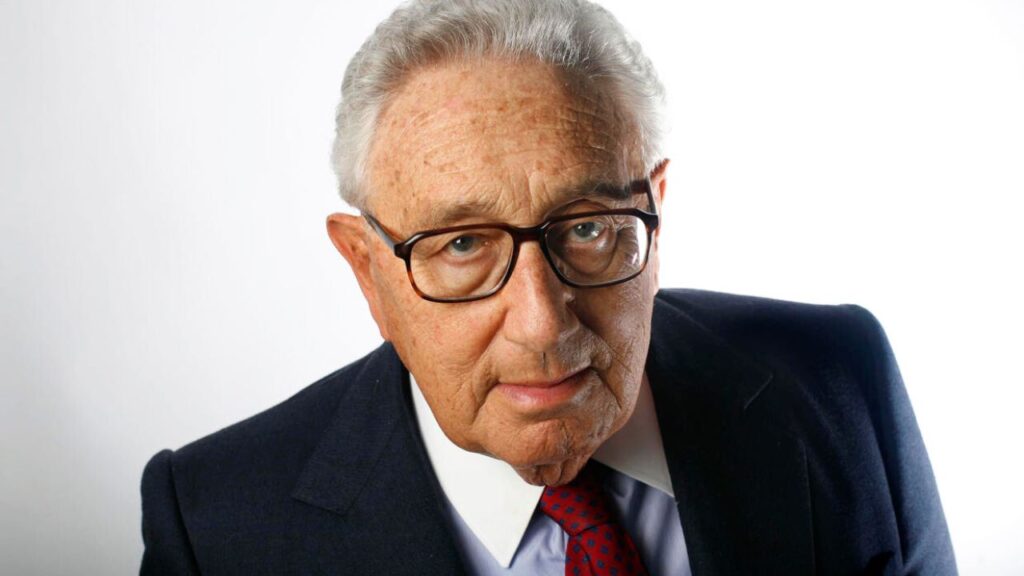Henry Kissinger Death Date: Henry Kissinger, an influential figure in U.S. foreign policy for over 50 years, passed away at 100 in Connecticut. Kissinger’s consulting firm, Kissinger Associates, Inc., confirmed his demise without specifying the cause.
Henry Kissinger Death Date
Renowned as both Secretary of State and National Security Adviser to Presidents Nixon and Ford, Kissinger played a pivotal yet contentious role in shaping America’s global relations. He crafted strategies pivotal in managing relationships with major world powers like the Soviet Union and China, and pivotal nations in the Middle East. However, his tenure was not without controversy, marked by the Vietnam War and some human rights compromises for strategic gains.
After departing from his governmental roles in the mid-1970s, Kissinger remained a sought-after advisor for subsequent generations of leaders. His influence transcended presidential administrations, earning both commendation and criticism for his pragmatic approach to foreign affairs. Critics accused him of complicity in war crimes, particularly the intense bombings in Cambodia and overlooking rights abuses by governments considered favorable to U.S. interests.
Former U.S. President George W. Bush lauded Kissinger’s remarkable contributions to American foreign policy, highlighting his impact and distinctive voice in global affairs. Tony Blair, the former UK Prime Minister, praised Kissinger’s diplomatic finesse and his commitment to safeguarding the free world.
Henry Kissinger early life
Born in Germany in 1923, Kissinger immigrated to the U.S. with his family in 1938, escaping the looming Nazi regime. He attained citizenship in 1943, served in the U.S. Army and the Counter Intelligence Corps, and pursued academia, teaching international relations at Harvard University.
Kissinger’s pivotal appointment by President Nixon led to a transformational phase in U.S. foreign policy. His dual roles as national security adviser and secretary of state saw significant milestones, including the end of the Vietnam War and the historic U.S. engagement with China, notably marked by Nixon’s monumental visit in 1972.
Despite his diplomatic successes, Kissinger’s tenure faced relentless scrutiny. His “realpolitik” philosophy—prioritizing practical considerations over moral ideals—garnered mixed reactions. The bombing campaigns in Cambodia, support for repressive regimes like Pinochet’s Chile, and alleged involvement in other international crises drew harsh criticism and accusations of moral compromise in foreign policy.

In the Middle East, Kissinger’s “shuttle diplomacy” aimed to broker peace after the 1973 Yom Kippur War, setting precedents for subsequent negotiations. His détente strategy with the Soviet Union resulted in significant arms control agreements that steered U.S. foreign policy into the post-Cold War era.
Also red: Memorable Game of Thrones Quotes That Echo Through Time
Kissinger’s legacy continues to evoke divergent opinions, lauding his contributions to global diplomacy while criticizing the controversies and moral dilemmas entwined within his approach to international relations. His impact on U.S. foreign policy remains a topic of scholarly debate, underscoring the complexities and nuances of his multifaceted career in shaping global geopolitics.





































































